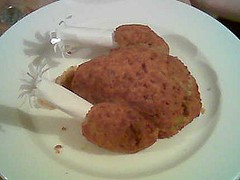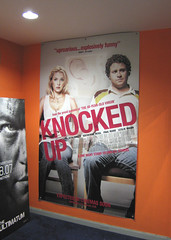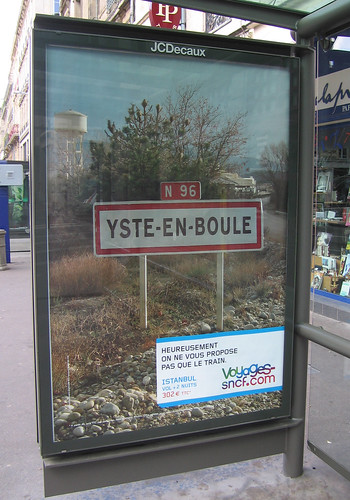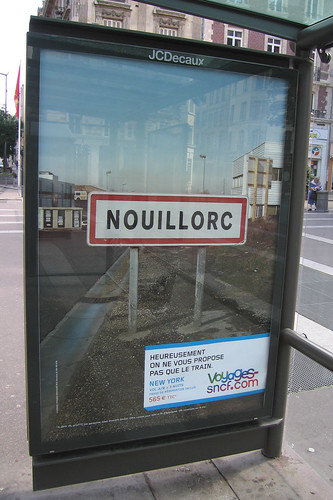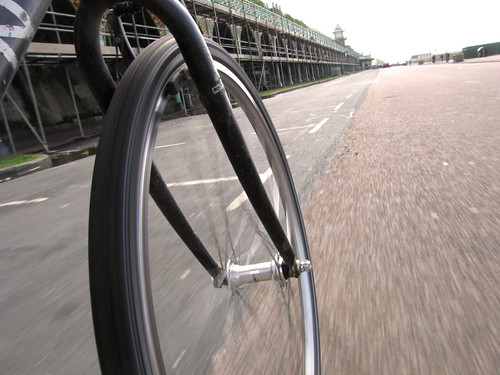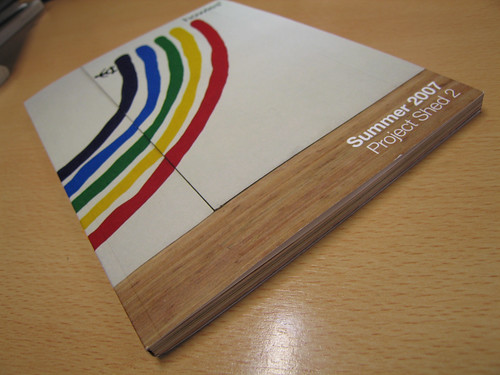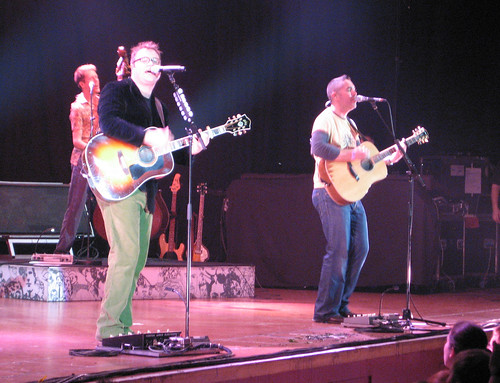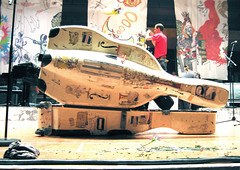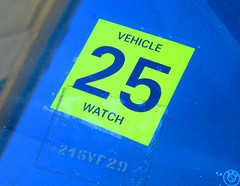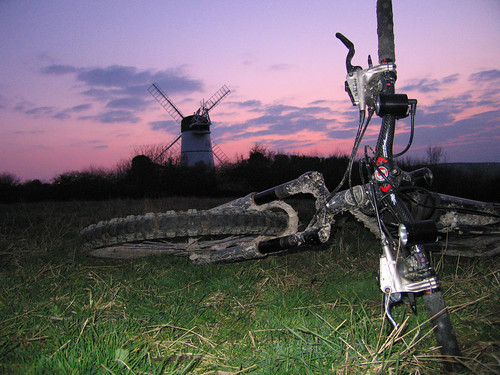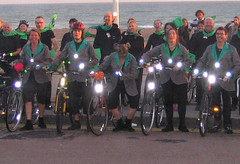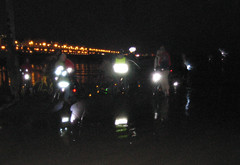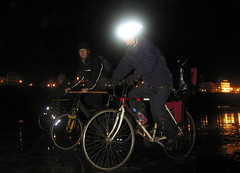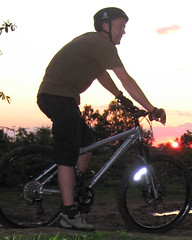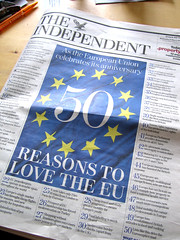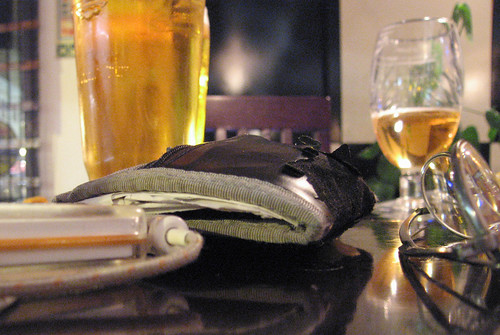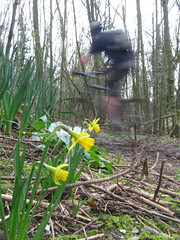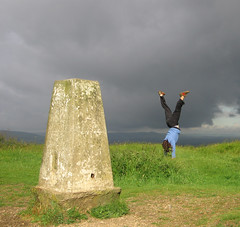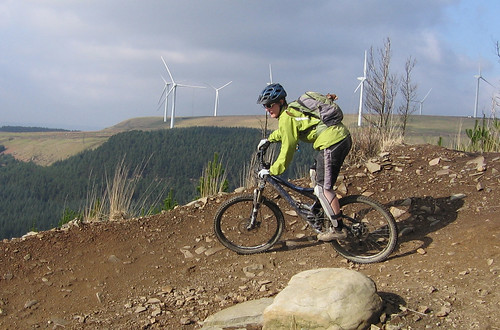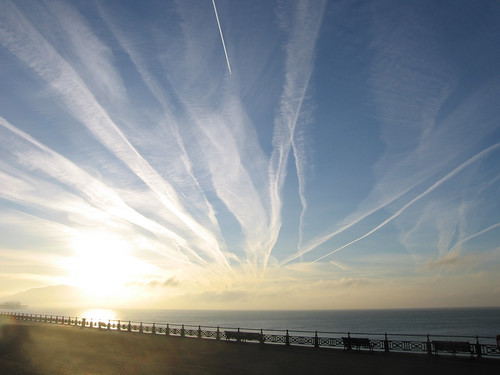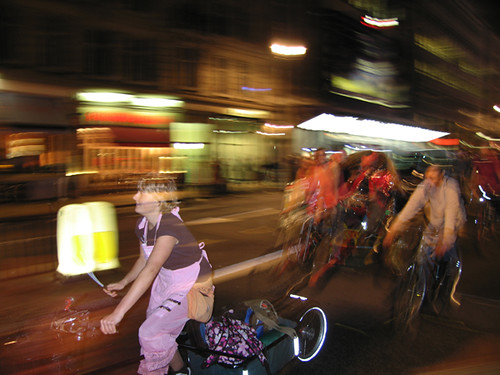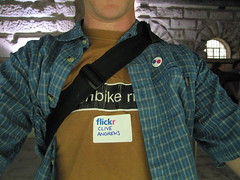National Bike Week began for me this morning at around 4.45am, in the English Channel.
"
Ladies and Gentlemen, we will shortly be arriving in Newhaven. Enjoy your stay in England."
On our way back from a two day road jolly in Normandy, Tom, Kieron, Saul and I clattered down to the car deck of the ferry to retrieve our bikes and cover the final 17km of our 200km journey - the short ride from Newhaven back to Brighton.
All weekend, we had been contentedly sharing immaculately surfaced roads with French motorists, appreciating their wide, careful overtaking, their patience at junctions and the sensation of being able to stop at traffic lights without the feeling that the car behind you is attempting to climb into your back pocket.
After two days of blissful French cycling and fitful night's waterborne sleep, we rolled off the ferry back onto rainy British roads, resigned to the fact that, back on home turf, we could no longer expect motorists to notice us or respect us as equal road users. We span home along the coast in the rain with cars and trucks passing us at speed.
I returned to Brighton, snatched an hour's sleep, and then packed my stuff for work, swapped my road bike bike for the usual commuter and set off on my 15 minute ride to work, the sun now shining. Within a minute of leaving the house I was flagged down by a cheerful lady in colourfully branded T-shirt.
She reminded me that, as the first day of
National Bike Week, today was the day that Brighton & Hove Council were laying on free breakfasts for cyclists. I was ushered towards a nearby café. Not only was I given a flapjack, some fruit and a cup of tea, but a spare bike light and, bizarrely, some Body Shop foot lotion also made it into my courier bag, courtesy of the council. A lively jazz band was playing while free of charge bike maintenance checks were carried out.

I met Dean Spears, Brighton council's cycling mastermind, who told me about the new
Journey On website and assured me that our local authority is doing all it can to encourage and enable cycling, as the best mode of transport for our crowded city. Facilities for cyclists in Brighton are relatively good, but they could surely be much much better, so I hope his mission is succesful.
Some of the best documenters of the inconsistencies of British cycle facilities is Brightonian Fred Pipes, whose superb
Weird Cycle Lanes blog today points out a straightforward
Guardian piece by Emily Thornberry MP, picking apart some of the oft-quoted objections to cycle commuting.
As a cyclist, particularly a commuter, it is easy, so easy, to focus on the negative. Inconsiderate driving, poor roads and the commonly-held perception that cycling is solely for eccentrics can make a British cyclist defensive, perhaps too much so. Events like
Critical Mass do wonders for awareness of the power imbalance on British roads, but a lot of their energy lies in the implied confrontation between the needs of the cyclist and the needs of the motorist.
The great thing about this morning's breakfast event, with its music, good food and warm welcome was that it focussed on the positive and it made me smile. It made other cyclists smile, passers by smile and, I hope, motorists smile. Cycling shouldn't be about making a stand and being different. It should be about feeling able to choose a mode of transport which, for most people, offers so many benefits; not least of which is the valuable chance to arrive at work on a Monday morning with a smile on your face.

